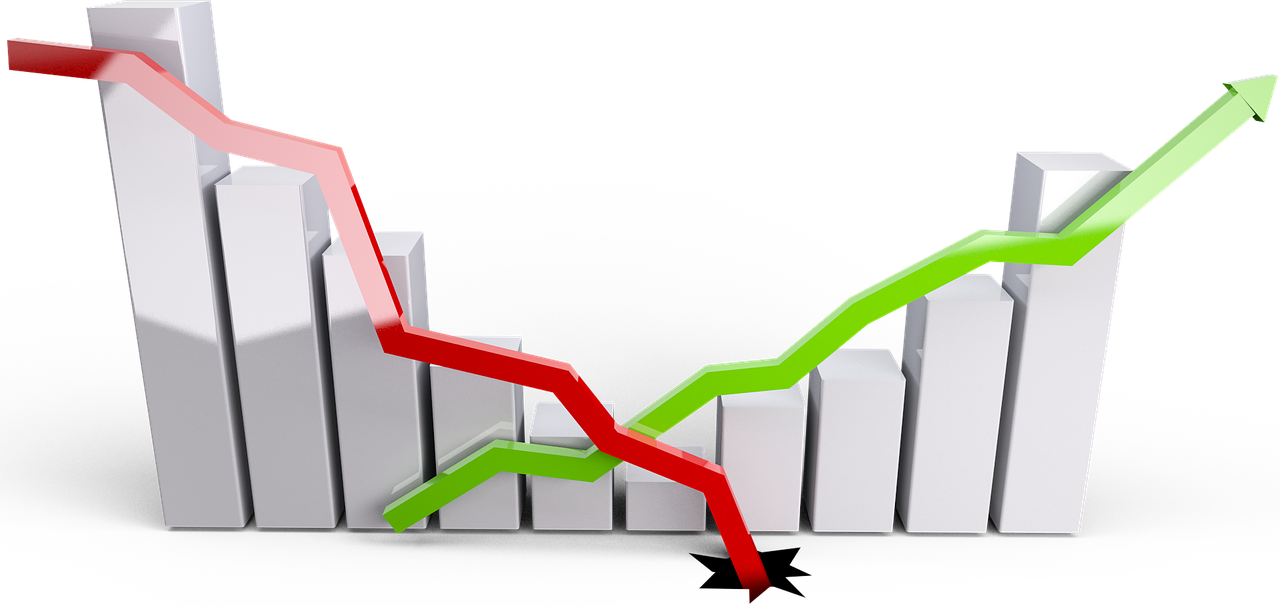How are stock markets managing right now? In the middle of April, American stocks appeared in highest values since March 2020. A reason for the growth could have been some good news on potential Covid-19 drug being developed by Gilead Sciences, an American biopharmaceutical company. Other positive impulses were undoubtedly the Fed's bond-buying stimulus and $2 trillion stimulus package released by Trump’s administration.
In March, the European Central Bank announced extensive stimulus package and informed of assets purchase in the amount of €750 billion. Yet, the question is – how long will the economic packages support investors?
A recently leaked WHO study on Gilead’s Covid-19 drug inefficiency however signals that markets have not won yet. Right after the news spread, shares of the American biopharmaceutical company plunged, and so did all global stock market indexes as well as European indexes.
A recently leaked WHO study on Gilead’s Covid-19 drug inefficiency however signals that markets have not won yet. Right after the news spread, shares of the American biopharmaceutical company plunged, and so did all global stock market indexes as well as European indexes.
Some countries have begun to ease lockdown measures and reopened their economies, what suggests that a stock-market bottom had been reached. Yet, according to Alpho broker, it could also mean the so-called “lull before the storm”. Why? Let’s have a look at it in more details.
Due to the pandemic, expenses per individuals grow – the employment rate drops and impact of lockdown on economy of each state is inevitable.

In the latest report published on 6th April 2020, the International Monetary Fund (MMF) lowered its global growth estimate for 2020 to 3 %, and such a scenario would be worse than financial crisis of 2008 and 2009. Moreover, it could trigger further sale on stock markets.
Due to the pandemic, expenses per individuals grow – the employment rate drops and impact of lockdown on economy of each state is inevitable.
In the latest report published on 6th April 2020, the International Monetary Fund (MMF) lowered its global growth estimate for 2020 to 3 %, and such a scenario would be worse than financial crisis of 2008 and 2009. Moreover, it could trigger further sale on stock markets.
While developed economies are expected to slump in 6,1%, developing markets and economies should drop in 1%.
Some companies have released their first-quarter financial results for 2020, and took into account coronavirus impact. Thanks to that investors slowly learn about a real influence of the financial crisis on the global economy.
Some companies have released their first-quarter financial results for 2020, and took into account coronavirus impact. Thanks to that investors slowly learn about a real influence of the financial crisis on the global economy.
In addition, a wave of stock market growth after slump in March, could have been just a temporary movement in bearish mood. Mark Jolley, strategist from CCB International Securities, told CNBC that shares value could drop in 15% below last minimum. For example, main stock indexes are currently traded on a higher forward P/E, while profits of companies decline. The forward P/E formula means a ratio between the current price and estimated earnings per share in upcoming 12 months.
That could be a serious reason for nervousness of investors‘, whose decisions during negative sentiment usually lead to sales.


